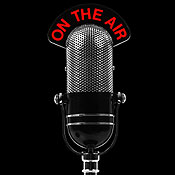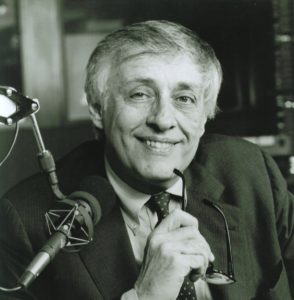When did language in its “modern” form – that is, with grammar, syntax and extended vocabulary – actually come from, in both space and time? How do languages such as French, Spanish, Portuguese, Romanian and Romansch differentiate from a common source, Latin? Why do children acquire second or third languages much more easily than adults? Our guests are both leading linguistic scholars: Fred Schwink of the University of Illinois and Jason Merchant of the University of Chicago in this 2005 discussion. Incidentally, we try out some great tongue-twisters and try to identify some languages offered by callers.




